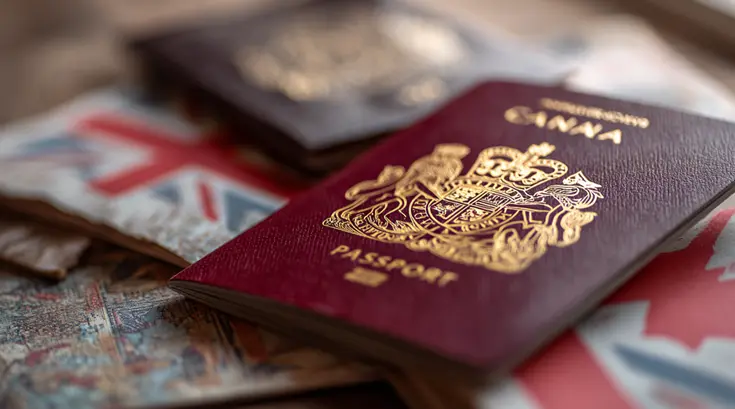Table of Contents
ToggleIn an increasingly globalized world, the concept of citizenship by descent has gained significant attention. For many individuals with Polish ancestry, obtaining a Polish passport through descent offers a gateway to the European Union, providing numerous benefits such as the freedom to live, work, and study across member states. This article delves into the intricacies of acquiring Polish citizenship by descent, exploring the key considerations and steps involved in the application process. Whether you are motivated by personal, professional, or cultural reasons, understanding the nuances of this process is crucial for a successful application.
Key Considerations in Applying for Citizenship by Descent
Applying for Polish citizenship by descent involves a thorough understanding of the eligibility criteria and the documentation required. The process is governed by Polish nationality law, which stipulates that citizenship can be passed down through generations. However, the journey to obtaining a Polish passport is not without its challenges. Here are some key considerations to keep in mind:
Firstly, it is essential to establish a clear lineage to a Polish ancestor. This typically involves tracing your family tree to identify a direct ancestor who was a Polish citizen. The ancestor must have been a Polish citizen after 1920, as this is when the modern Polish state was established. Documentation such as birth certificates, marriage certificates, and naturalization records are crucial in proving this lineage.
Secondly, understanding the legal framework is vital. Polish citizenship laws have evolved over the years, and certain historical events, such as changes in borders and political regimes, can affect eligibility. For instance, if your ancestor lost their Polish citizenship due to acquiring another nationality, this could impact your application. It is advisable to consult with legal experts or services specializing in Polish citizenship to navigate these complexities effectively.
For more detailed guidance on the application process, you can visit https://lexmotion.eu/polish-citizenship-by-descent/, which offers comprehensive resources and expert assistance.
Documentation and Legal Requirements
Gathering the necessary documentation is a critical step in the application process. Applicants must provide evidence of their Polish ancestry through official documents. These documents must be original or certified copies and may need to be translated into Polish by a certified translator. Commonly required documents include:
- Birth certificates of the applicant and their Polish ancestor.
- Marriage certificates, if applicable, to establish familial connections.
- Naturalization records, if the ancestor emigrated and acquired citizenship in another country.
- Proof of the ancestor’s Polish citizenship, such as a Polish passport or identity card.
It is important to note that the Polish authorities may request additional documentation or clarification during the application process. Therefore, maintaining organized records and being prepared for potential inquiries is advisable.
Legal requirements also include understanding the implications of dual citizenship. Poland allows dual citizenship, but it is crucial to be aware of the laws in your current country of residence, as some countries may have restrictions or obligations regarding dual nationality.
Benefits and Challenges of Obtaining Polish Citizenship
Acquiring Polish citizenship by descent offers numerous benefits, particularly for those seeking to connect with their heritage or explore opportunities within the European Union. As a Polish citizen, you gain the right to live, work, and study in any EU member state, access to healthcare and social services, and the ability to travel visa-free to numerous countries.
However, the process is not without its challenges. The application can be time-consuming and requires meticulous attention to detail. Applicants must be prepared for potential delays and the need for additional documentation. Furthermore, navigating the legal and bureaucratic landscape can be daunting, especially for those unfamiliar with Polish laws and regulations.
Despite these challenges, the rewards of obtaining Polish citizenship can be significant, offering a sense of belonging and a wealth of opportunities. For those committed to the process, the journey can be a fulfilling exploration of one’s heritage and a step towards a broader global identity.
Also Read-SASSA Status Check: Your Complete Guide to Tracking Payments and Application Updates in South Africa

